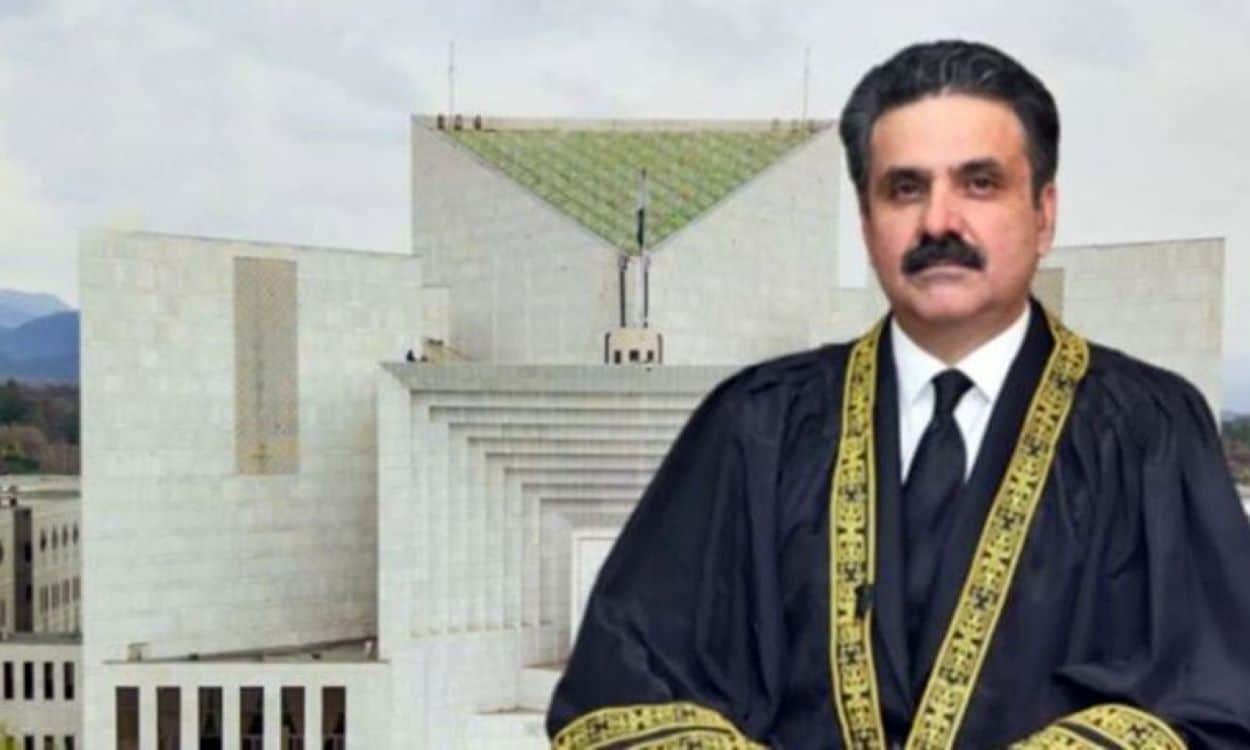The Supreme Judicial Council (SJC), led by Chief Justice Yahya Afridi, sought comments from Islamabad High Court (IHC) Justice Ejaz Ishaq Khan on a misconduct complaint, with a decision made by majority.
The five-member council, including Justices Mandokhail, Malik, Hilali, and Afghan, reviewed 67 complaints against superior court judges, filed 65, deferred one, and processed one further.
The SJC, reconstituted with Peshawar High Court’s Justice S M Attique Shah after IHC Chief Justice Sardar Muhammad Sarfraz Dogar recused himself, examined seven IHC complaints, filing five and advancing two. The council deferred a case against Justice Tariq Mehmood Jahangiri over a dubious LLB degree, with Justice Syed Mansoor Ali Shah dismissing it.
The SJC approved amendments to the superior courts’ code of conduct, despite dissent from Justices Shah and Munib Akhtar. Key changes include:
- Article V: Judges cannot engage in public controversy, especially political, or interact with the media on divisive issues. Allegations against judges go to a CJP-led committee for a response.
- Article 13: Soliciting foreign invitations is misconduct; invitations must route through the Chief Justice. Judges cannot accept individual bar-hosted events.
- Independence: Judges must resist influence and report issues to a committee for swift resolution.
Advocates criticised the amendments. Faisal Siddiqi called Article V a “gag” on free speech, undermining judicial independence. Abdul Moiz Jaferii labelled it a “muzzle” on outspoken judges. Waqar Rana noted global norms allow judges non-judicial roles, citing the CJP’s constitutional arbitration duties. Asad Rahim Khan warned of isolating judges, stifling public engagement.
Read: Five IHC Justices Challenge CJ Dogar’s Order in Supreme Court
The amendments and probe signal tighter judicial oversight, raising concerns about free speech and independence amid the 26th Amendment’s impact.






